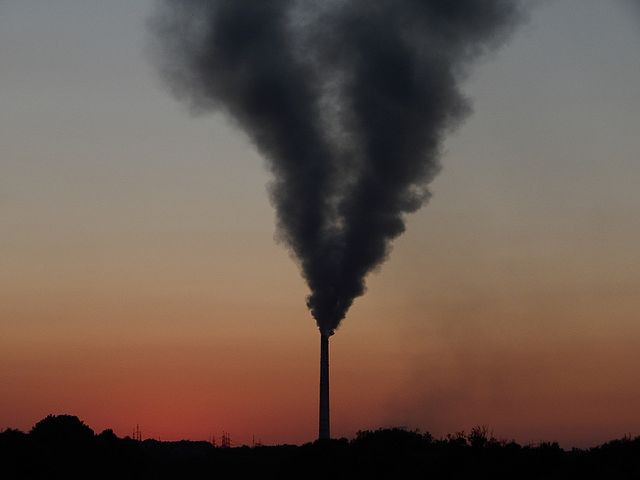A recent research has unearthed a stark correlation between long-term exposure to air pollution and a heightened risk of developing life-threatening cancers, particularly breast and prostate cancers. The study, which is poised for publication and was preliminarily reported by the Daily Mail, underscores a 45% increased likelihood of breast cancer and a 20% to 28% elevated risk for prostate cancer attributable to polluted air.
Delving into the details of the research, experts synthesized findings from 27 comprehensive studies, unveiling not only the increased risk of contracting these cancers but also an 80% surge in mortality rates for breast cancer patients subjected to air pollutants. The culprit at the heart of this health crisis is identified as PM 2.5 - particulate matter so fine it can infiltrate the lungs and bloodstream, wreaking havoc at the cellular level, including DNA damage, which in turn, amplifies cancer risks.
The World Health Organization (WHO) prescribes a PM 2.5 limit of 5 μg/m3, a benchmark most nations are struggling to meet. The study elucidates how PM 2.5 disrupts hormone-producing glands, a critical factor given the hormone-sensitive nature of breast and prostate cancers. Additionally, the research highlights a grim association between air pollution and the aggressiveness of these diseases, alongside a deteriorating prognosis for affected individuals.
This study echoes the distressing findings of prior research, including a Lancet report which attributed approximately 9 million premature deaths globally in 2019 to pollution, impacting countries across the spectrum from China and the US to various African and European nations. Another study spotlighted the deadly toll of fossil fuel-driven pollution, estimating 5 million annual deaths worldwide.
The WHO has been vocal about the dire implications of air pollution, equating its health burden to other major global health risks, with an estimated 7 million premature deaths annually. The insidious nature of PM 2.5 is particularly concerning due to its ability to penetrate deep into the lungs and, in extreme cases, cross the blood-brain barrier, directly impairing neuronal function.
Further compounding the issue, a 2017 US study linked air pollution to significant disruptions in sleep quality, tying high exposure to nitrogen dioxide and PM 2.5 to a 60% and nearly 50% increased risk of poor sleep, respectively.
Cancer remains a leading cause of mortality worldwide, with breast, prostate, lung, and bowel cancers constituting over half of the new cases in the UK between 2016 and 2018. Breast cancer, in particular, stands as the most prevalent cancer in England, with approximately 47,000 diagnoses annually. The UK sees about 56,000 women and 400 men diagnosed with breast cancer each year, as per Cancer Research UK.
The findings of this study serve as a clarion call to address air pollution not just as an environmental issue but as a pressing public health emergency, with tangible impacts on global cancer rates and mortality.






